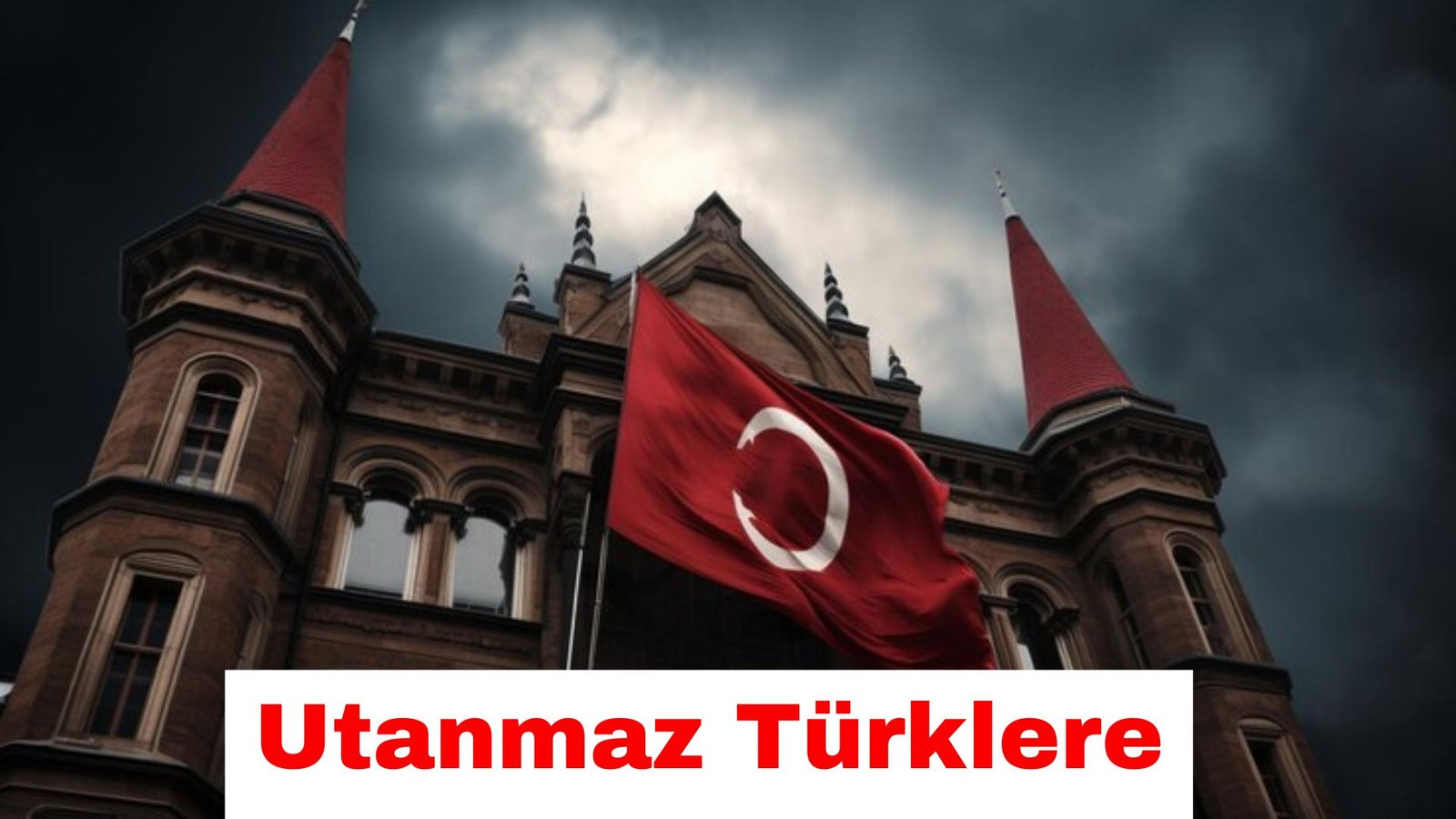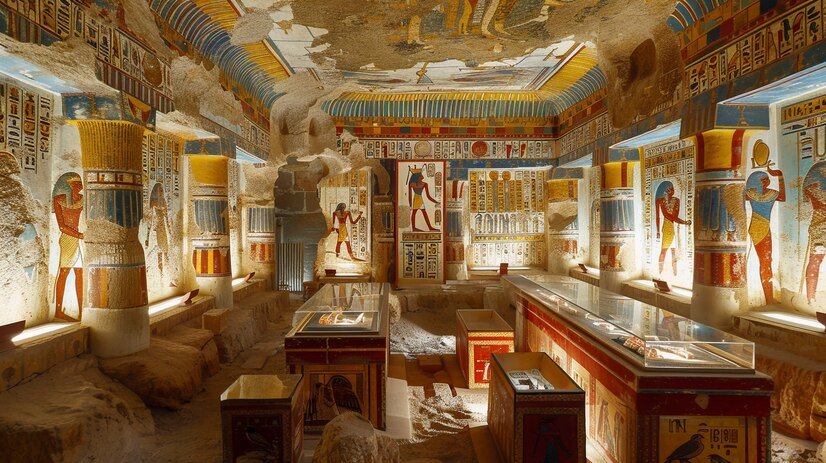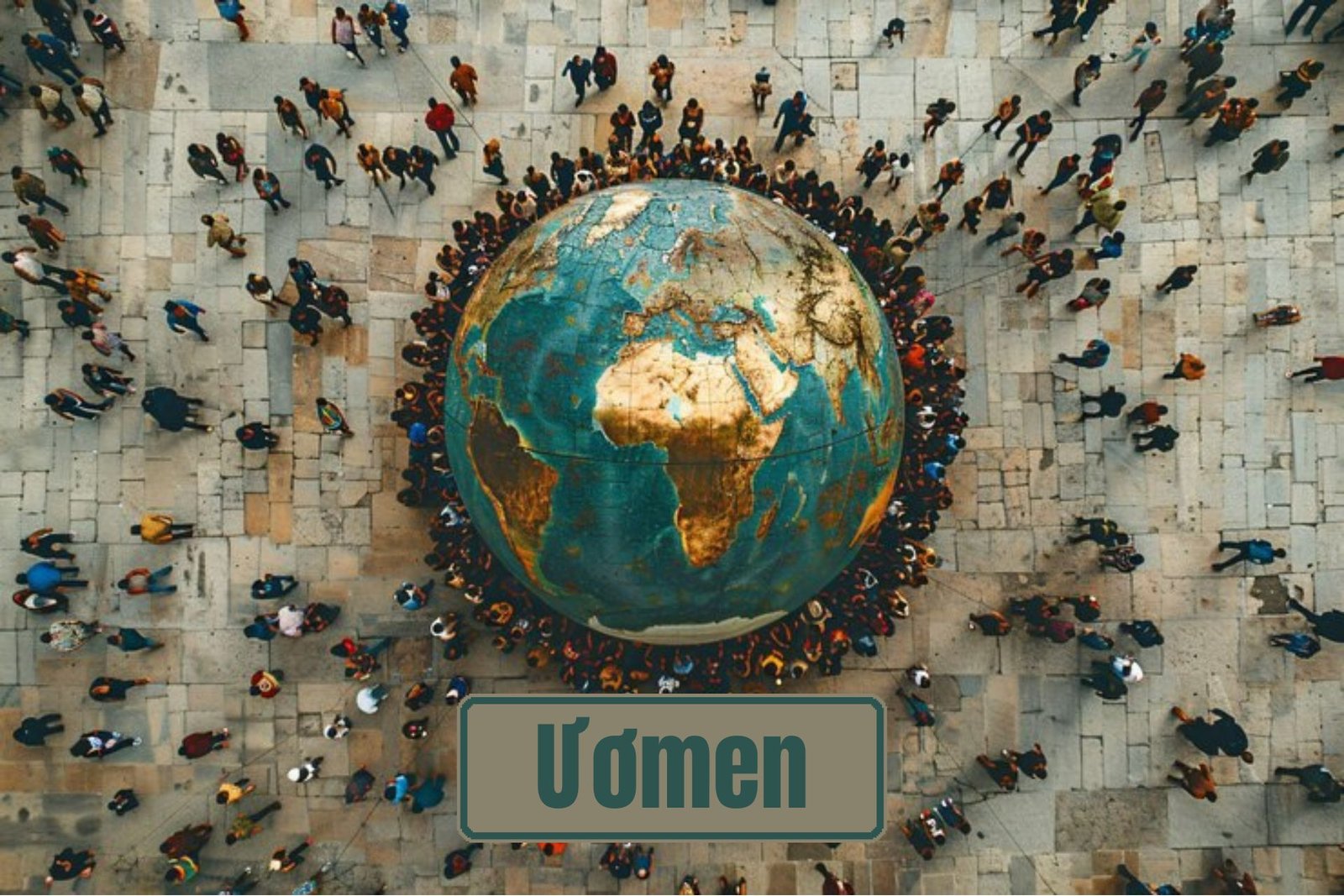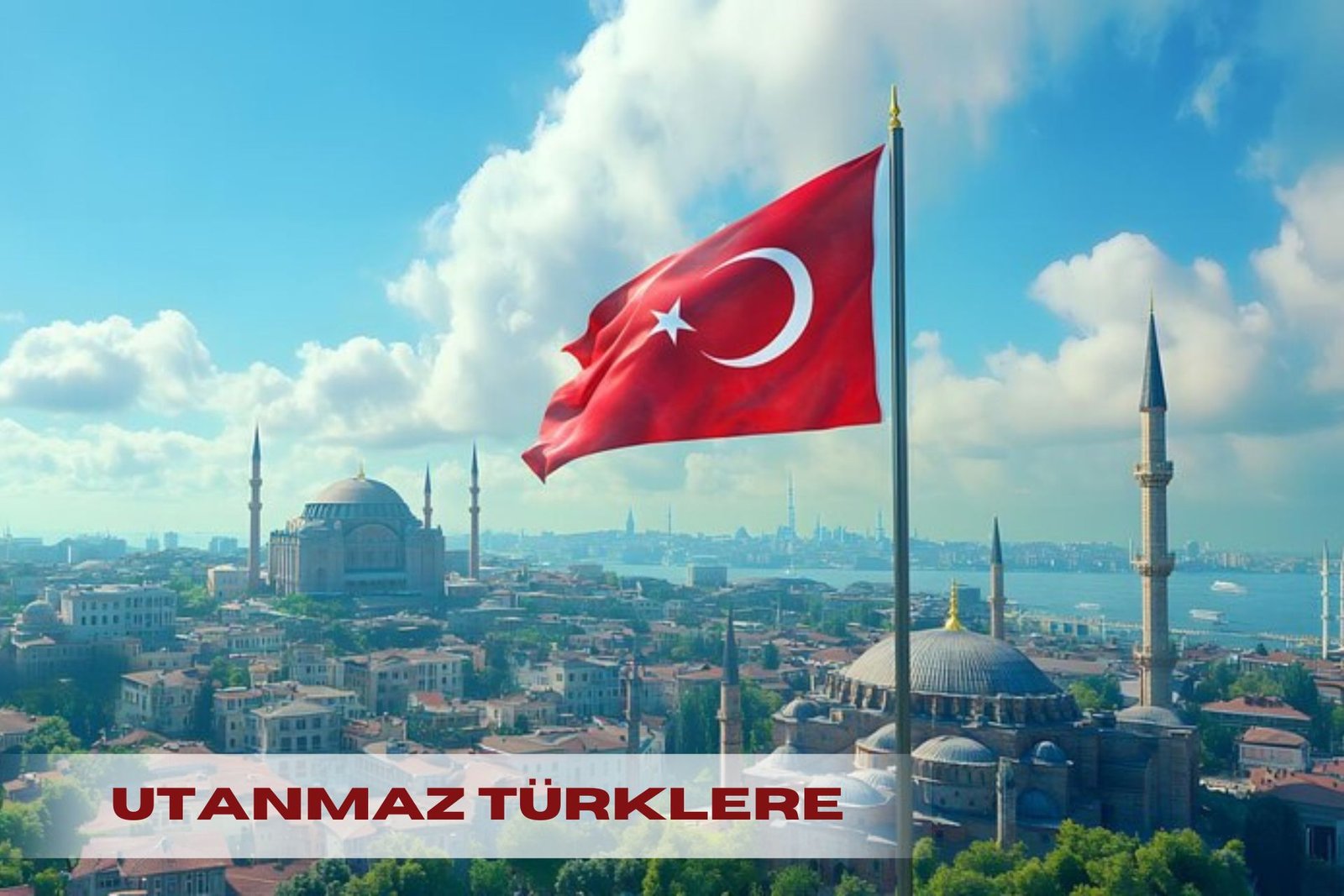The expression utanmaz türklere, which means “bold Turks,” is an expression installed with rich social, verifiable, and political undertones inside Turkish society. This article dives profoundly into the beginnings, development, and contemporary meaning of this term, offering an exhaustive assessment that includes verifiable setting, social effect, present-day use, and future ramifications.
Authentic Setting and Beginnings
Early Use
The expression “utanmaz türklere” has its underlying foundations in Turkish cultural qualities, where ideas like honor (namus) and nobility (şeref) have generally held tremendous importance. In early Turkish culture, keeping up with social dignity and sticking to laid-out standards were central. People frequently issued serious social reprimands for deviations from these assumptions. People who ignored these standards were described as utanmaz. The expression initially arose as a study against those who appeared to disregard cultural fairness and ethical quality.
Development After some time
As Turkish society advanced through different verifiable stages, including the Ottoman Realm and the early long stretches of the Republic of Turkey, the use and view of utanmaz türklere developed. In times of social and political disturbance, people utilized the term in public discourse to criticize figures. Seen as subverting public qualities or participating in ethically sketchy ways of behaving. This advancement reflects more extensive changes in cultural mentalities and the moving limits of satisfactory ways of behaving.
Social and Social Importance
Social Qualities
The idea of disgrace is profoundly entwined with individual and collective identity in Turkish culture. Being labeled ‘utanmaz’ significantly breaks social assumptions and standards. The term investigates individual ways of behaving as well as infers a more extensive evaluation of how such a way of behaving ponders public personality. This social importance highlights the expression’s power as a device for social evaluation and moral judgment.
Cultural Effect
The effect of utanmaz türklere reaches beyond individual reprimand to impact cultural mentalities and public discourse. It fills in as a gauge for social qualities and the constraints of the OK way of behaving. The expression’s use of open discussions and media reflects the progressing pressures between customary qualities and present-day cultural standards. Social assumptions are additionally featured, arranged, and challenged in contemporary Turkey.
Current Utilization and Applications
Out in the Open Talk
The phrase utanmaz türklere is frequently used in political and public discourse today. It is utilized to censure legislators, individuals of note, and substances seen as acting in opposition to public interests or cultural qualities. The term frequently shows up in media reports, virtual entertainment conversations, and political discussions, mirroring its relevance in resolving issues of public quality and trustworthiness.
Media and Mainstream society
The depiction of utanmaz türklere in media and mainstream society assumes a critical role in forming public discernment. Media portrayals can either support or challenge existing generalizations, affecting how people perceive and use the term. For instance, TV programs, media sources, and web-based entertainment stages might utilize the term to comment on contemporary issues, reflecting and molding cultural mentalities.
Discussions and Reactions
Disruptiveness and Polarization
Moral Contemplations
Moral worries emerge concerning the utilization of utanmaz türklere, especially regarding its effect on people and gatherings. The term’s capability to propagate negative generalizations and vilify specific ways of behaving or personalities brings up issues about mindful utilization and the requirement for awareness in broad daylight talk. Offsetting free discourse with the counteraction of damage is a basic part of tending to these moral contemplations.
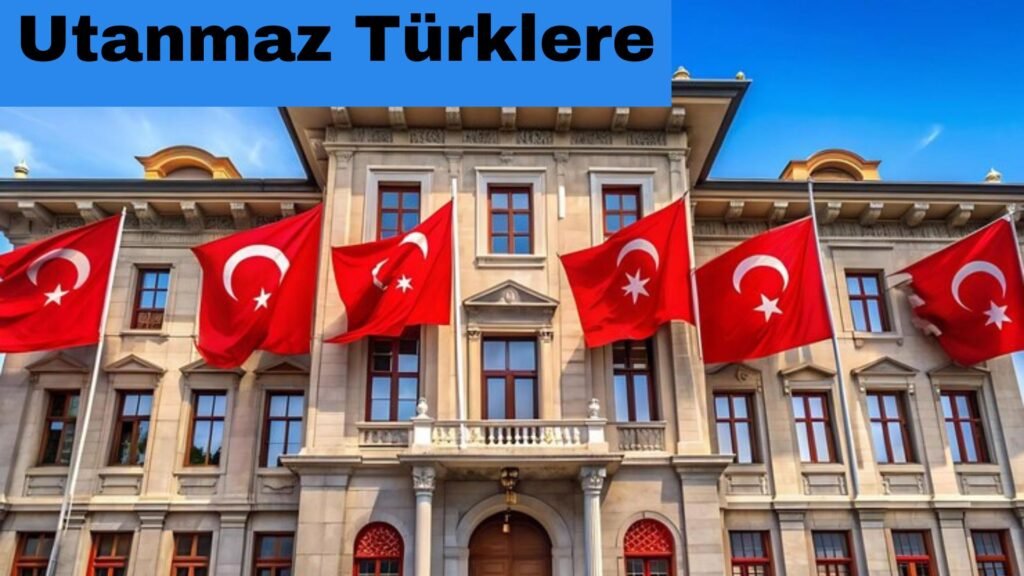
Reactions and Responses
Public Responses
Public reactions to utanmaz türklere differ broadly, from steady support to heartfelt reactions. People and gatherings impacted by the term might encounter a range of close-to-home and mental effects, including sensations of detachment or resistance. Understanding these responses is fundamental for encouraging compassionate and productive discourse.
Government and Institutional Reactions
Legislatures and foundations frequently explore the intricacies of utilizing “utanmaz türklere” by offsetting free discourse with social attachment. Arrangements and guidelines might address the term’s use in open gatherings, meaning to relieve its true capacity for hurt while regarding the standards of opportunity of articulation. These reactions mirror the continuous exchange between individual privileges and aggregate qualities.
Near Examination
Global Points of view
Contrasting utanmaz türklere to comparable terms in different societies gives significant bits of knowledge into its special social appearances. For example, terms like “bold” in English might convey similar implications but miss the mark on the unambiguous public character part present in Turkish. The multifaceted examination assists with featuring both general and socially unambiguous parts of such marks.
The Future of Utanmaz Türklere
Advancing Elements
As Turkish society keeps on advancing, so too will the elements encompassing utanmaz türklere.” Changing social standards, political scenes, and cultural qualities will shape the term’s significance and utilization. Expected movements might prompt more comprehensive and deferential language, reflecting more extensive patterns toward social comprehension and compassion.
The job of Training and Media
Schooling and media will assume pivotal roles in forming the future talk around utanmaz türklere. Instructive projects that advance social responsiveness and basic media proficiency can assist with tending to generalizations and encourage a more comprehensive society. Media portrayals will keep on impacting public insights, featuring the significance of nuanced and adjusted depictions.
Conclusion
“Utanmaz türklere” is a term that exemplifies an intricate transaction of social, verifiable, and political powers inside Turkish society. A complete comprehension of its beginnings, importance, and contemporary ramifications uncovers its part in forming public discourse and cultural standards. By investigating its verifiable roots, present-day applications, and future possibilities, we can more readily value the term’s effect and work towards a more educated and sympathetic culture.
FAQ
Indeed, what does utanmaz türklere mean?
People frequently issued serious social reprimands for deviations from these assumptions.
How has the impression of utanmaz türklere changed over time?
Discernments have moved from reviewing it as a serious censure to an all-the-more politically charged term, reflecting contemporary social and political elements.
Are there any good implications for utanmaz türklere?
While, for the most part, bad, some might embrace the term as an image of insubordination or freedom from prohibitive standards.
How might someone mark one location as Utanmaz Türklere?
People could adapt by embracing the mark with satisfaction, utilizing humor, or looking for help from grasping networks.
What steps might society, at any point, take to decrease the adverse consequences of such labels?
Advancing social responsiveness, testing generalizations through instruction and media, and cultivating comprehensive public talk are fundamental for relieving the term’s adverse consequences.

